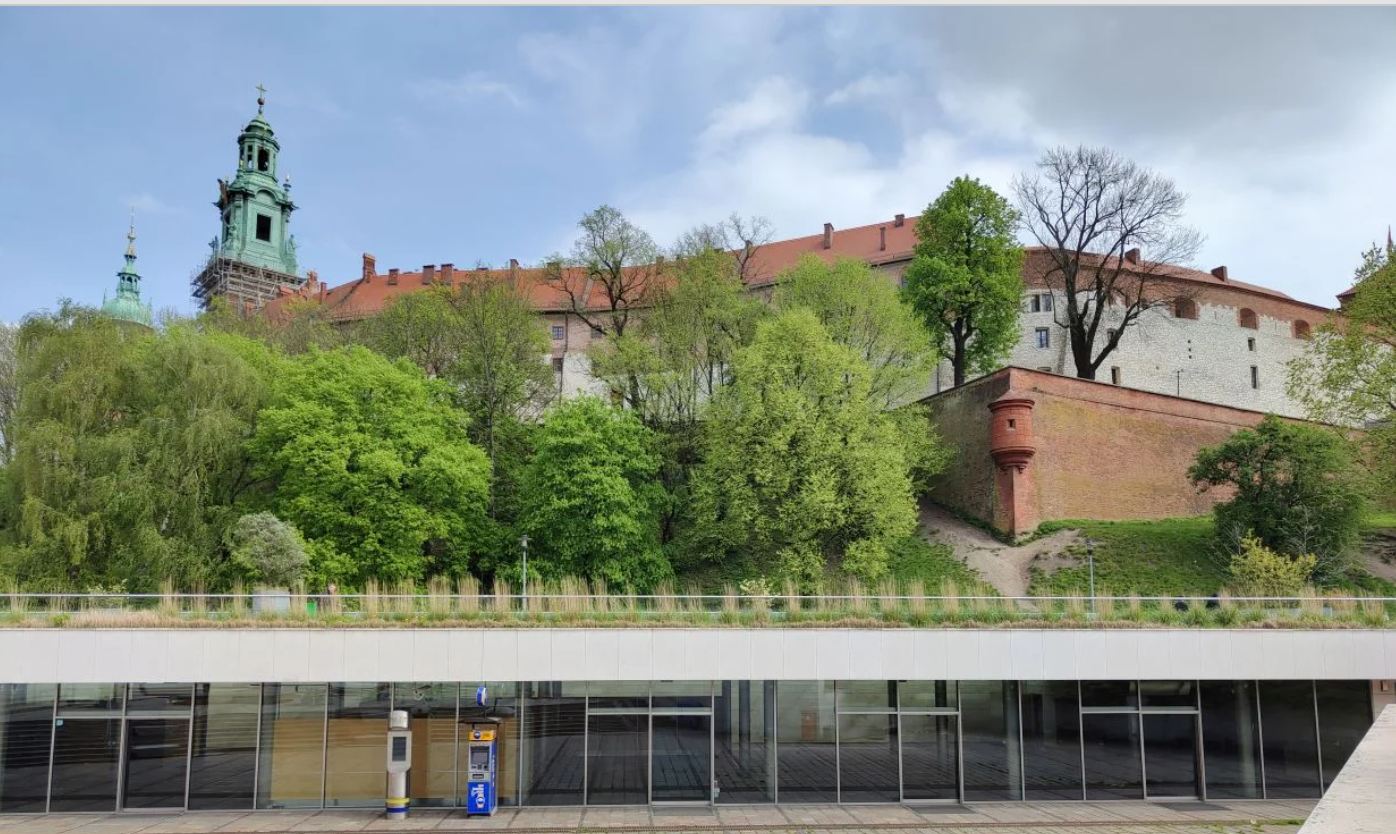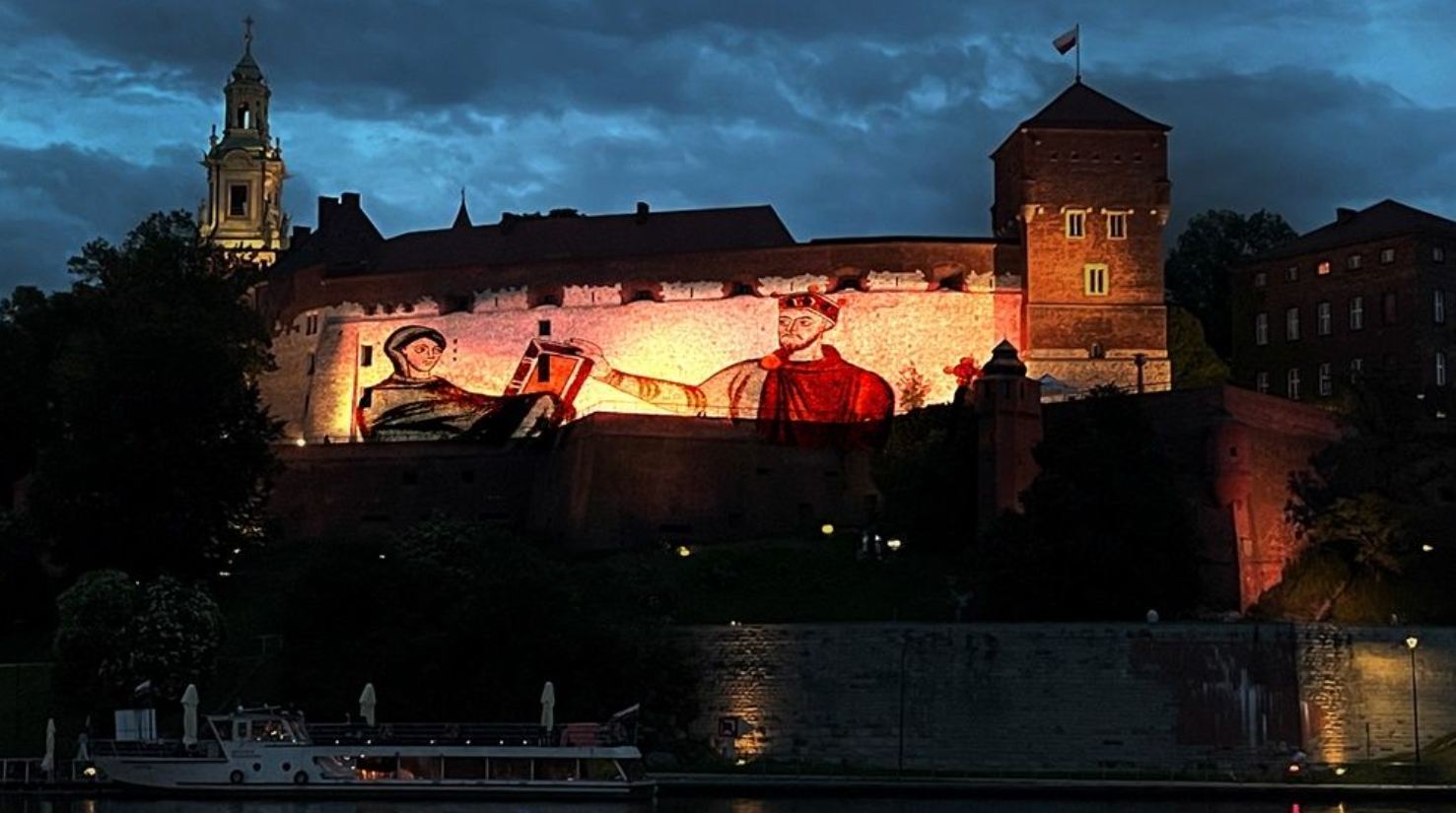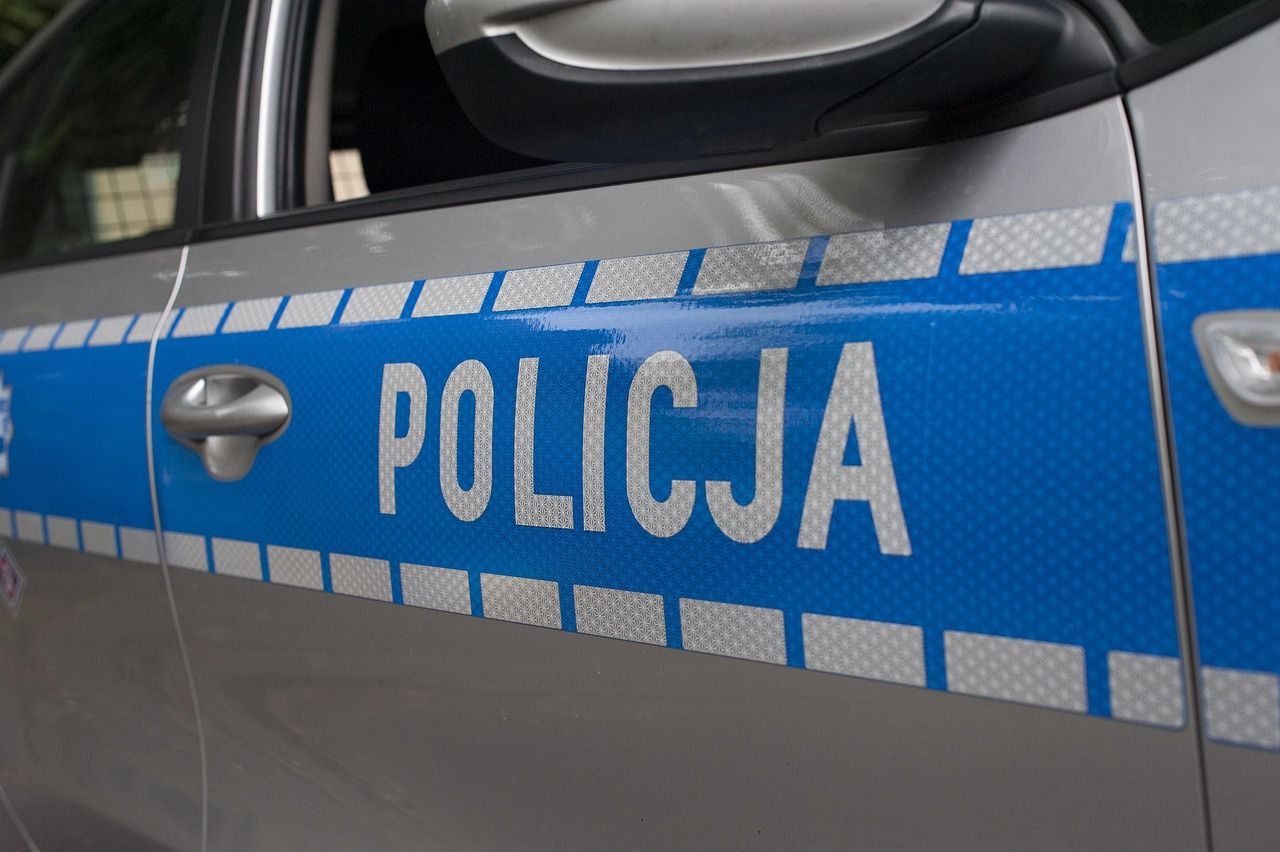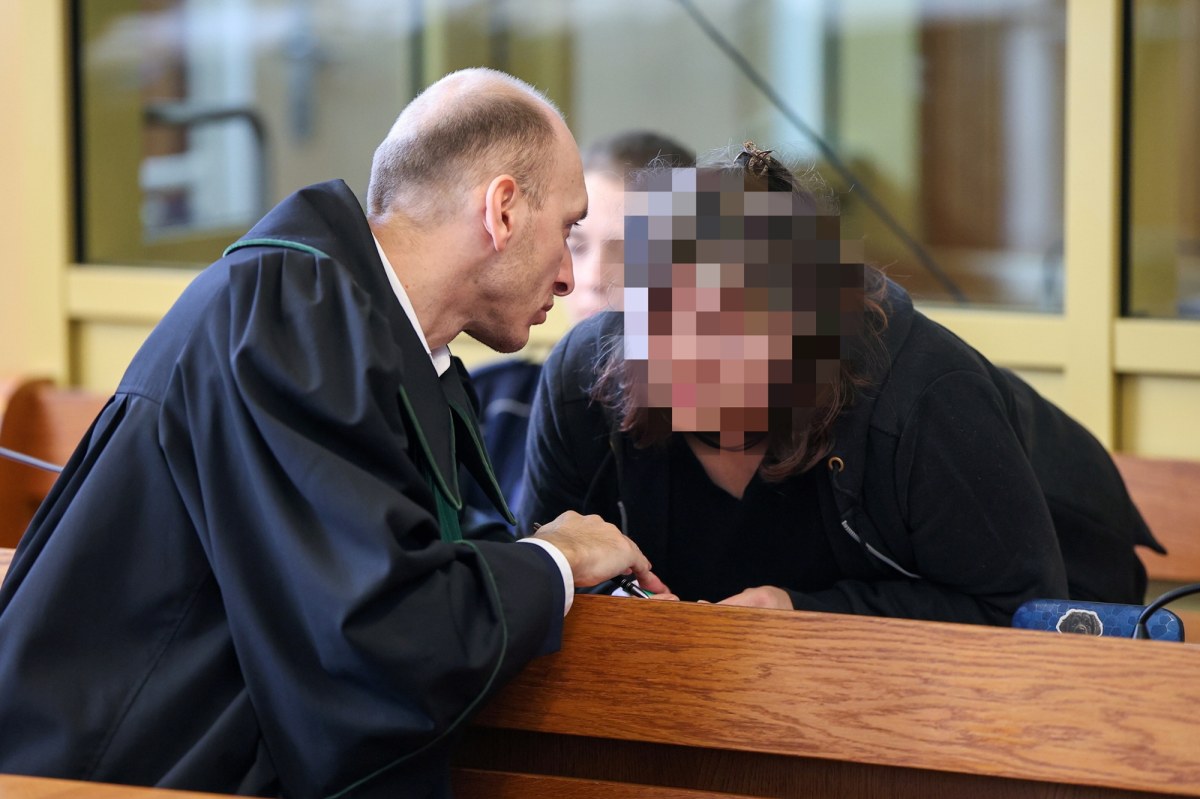The Balkans has long been a region marked by rivalries, political tensions and unresolved historical disputes. Nationalist narratives, cultural and spiritual intolerance, and territorial claims have frequently defined relations between neighbouring countries in the region. As it takes only a fewer loud voices to stir up intolerance among the many, nurturing good relations is more challenging in practice.
Such relations have resulted in deep-rooted distrust of others, stigma, and stereotypes which only proceed to accumulate and are frequently fed by political rhetoric. In specified circumstances, building trust and cooperation in the Balkans is simply a slow, hard process. erstwhile established, it remains fragile, easy undone by political tensions or external provocations.
However, we can identify many fresh cases where in times of crisis, specified divisions have momentarily faded away. In specified moments, reason, humanity and virtue have taken precedence, showing that even countries with complicated pasts and relationships can come together erstwhile it truly matters.
The latest example of solidarity came in consequence to the devastating tragedy in North Macedonia, where a fire in a nightclub in the tiny town of Kočani claimed at least 59 lives and left hundreds more severely injured with burns, smoke inhalation, and injuries from the ensuing stampede. Most countries deficiency the capacity to accommodate specified a large number of patients from specified a disaster. North Macedonia was no exception. Neighbouring countries swiftly offered assistance, while Skopje activated the EU civilian Protection Mechanism, prompting a broader European consequence to which at least 9 another countries responded.
Injured victims were transported to hospitals all across the region and wider Europe. These countries included Spain, Austria, Hungary, Belgium, Italy, Lithuania, Sweden and Poland, with respective another countries including Romania, Luxembourg, Norway, Finland and France stepping in with transportation support too. On the another hand, medical assistance and doctors were sent to North Macedonia from Czechia, Israel and Serbia.
Several countries united in solidarity with North Macedonia by declaring mourning days, including Serbia, Bulgaria, Montenegro and Bosnia and Herzegovina, as they shared in the collective grief of the tragic loss.
From the countries in the region, Serbia, Bulgaria, Greece, Turkey, Croatia and Slovenia all provided support by taking in the injured for medical treatment in their hospitals.
Serbia besides assisted by receiving 30 victims for treatment, the highest number among all countries, and by providing medical resources. Students in the country paid tribute by gathering in front of the Macedonian embassy, while people besides waited in lines to donate blood. These donations were raised by the Serbian Red Cross. Macedonian flags were displayed in shows of solidarity in respective places across Serbia. A humanitarian football match was besides scheduled to be played in Belgrade.
And while specified support from Serbia may be expected due to traditionally good relations on a political level, the consequence from Bulgaria to most was peculiarly striking. This is especially actual given the fact that the disaster happened during a time of deteriorating bilateral relations between North Macedonia and Bulgaria.
Fourteen critically injured victims were transferred to Bulgaria for treatment in immediate efforts to save lives. In the following days, hundreds of Bulgarians donated blood for the victims in the fire tragedy and thousands of people gathered in Sofia to commemorate the victims. Many football fans across the country besides showed solidarity with the victims. Additionally, in an extraordinary humanitarian gesture, a Bulgarian MP, on his own initiative with his foundation, raised over 35,000 euros in just 2 days for donations.
Bulgaria’s swift and generous actions stood out, especially given the challenges in the context of the relation with North Macedonia in fresh years. This has allowed solidarity to stand out erstwhile common relations are at a low point. Namely, North Macedonia’s EU accession talks stay stalled due to Sofia’s veto, as well as Skopje’s reluctance to adopt the constitutional changes outlined in the agreement overseen by Paris. Moreover, discussions between the 2 countries have been minimal, with relations remaining notably cold, and narratives frequently being tense on both sides.
However, the fast mobilization in Bulgaria in consequence to the fire demonstrated that the bonds between the people stay strong beyond political rhetoric, defying the prevailing discourse of division and transcending political disagreements. The tragedy became an unexpected chance to challenge stereotypes, proving that despite the diplomatic friction, the will to aid and support remains stronger. This display of compassion, erstwhile relations stay strained, is simply a refreshing reminder of the possible for unity in moments of crisis.
Greece was besides considered a country with which North Macedonia had strained relations for decades. Despite this, 12 injured individuals were sent for treatment in Greece. A akin gathering to pay tribute was besides organized in Thessaloniki.
All of these examples are just a part of the immense respect and aid that has emerged in various ways in connection with this tragedy. Support on specified a large scale is not only different for the Balkans, it would be uncommon among another countries too. It emphasizes the closeness and humanity of people in a region which present unfortunately remains mired in the complexities of political rhetoric and the past. From this solidarity, it is clear that the outpouring of support that transcends borders demonstrates humanity can emergence above specified divisions erstwhile it truly matters.
Such tragedies which are followed by humane responses rise crucial questions. If we can choose solidarity in times of crisis, why not choose relationship and knowing in everyday life and not be bound by the past? Can we alternatively build a future focused on cooperation and not conflict? This example has shown even countries with strained relations can emergence above political divisions in specified circumstances.
In moments of tragedy, politics fades into the background, revealing the natural and unfiltered humanity that besides frequently goes unacknowledged in global relations. These actions talk louder than any diplomatic statement, showing even strained relationships can give way to genuine solidarity in times of need.
Similar displays of solidarity from fresh years can be found between another Balkan states too, proving even amid political tensions, in times of crisis, humanity prevails. Turkey extended assistance to Greece during the devastating summer wildfires, despite their historically strained relations. Likewise, Serbia helped and donated to Albania after the catastrophic earthquake in Durres. The country besides provided crucial aid to Bosnia and Herzegovina during the severe floods. These are just a fewer instances of a regional pattern of hope that reinforces a powerful truth: erstwhile disaster strikes, political grievances take a backseat to compassion and common aid, offering a glimpse of what regional cooperation could look like beyond moments of tragedy.
Analyzing these cases brings us to an crucial conclusion. If solidarity is possible in moments of disaster, it should not stay elusive in everyday diplomacy. At the end of the day, we are all neighbours bound by shared history, cultural connections, and economical interdependence. Relationships between nations close to each another should not be defined by the past, but by a shared imagination for the future, built on trust, collaboration, and the designation that advancement for 1 is advancement for all.
Bojan Lazarevski is simply a political scientist in global and intercultural studies based in North Macedonia. He is besides a policy fellow with Young Voices Europe, an activist, and a researcher.
Please support New east Europe's crowdfunding campaign. Donate by clicking on the button below.


![Na jednej z posesji zapaliła się ładowarka [FOTO]](https://zambrow.org/static/files/gallery/130/1760377_1762468898.webp)









